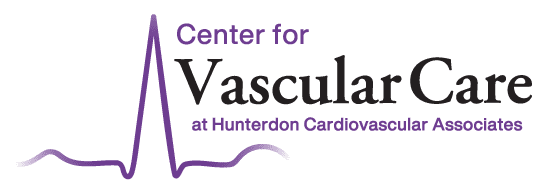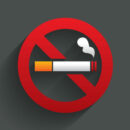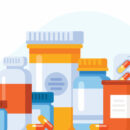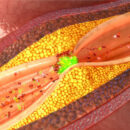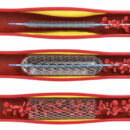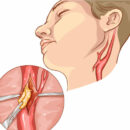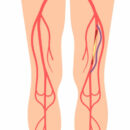The Center for Vascular Care at HCA is an innovative practice dedicated to treating peripheral artery disease (PAD). Our specialized team works with patients to determine the best treatment options for their unique needs. We also help patients change their lifestyle to manage symptoms and prevent disease progression. We customize our PAD management plans to each patient, offering a unique personal treatment experience through the continuum of care.
PAD treatment is centered around two goals:
- Symptom management
- Stopping the progression of atherosclerosis, reducing risk of a heart attack or stroke
PAD is a general term for atherosclerosis of any vessel outside of the heart.
Medication Monitoring and Management: Our on-site pharmacist will help monitor and manage medications in conjunction with other medications patients may be taking. This benefit helps reduce confusion and possible adverse effects from incompatible medications.
Diet Modification: Our team is available to help patients adjust to a heart healthy diet, not only reversing mild damage in some cases, but stopping PAD disease progression and increasing overall health.
Rehabilitation Services: Rehabilitation services are offered by the adjacent HMC hospital for qualified PAD patients.
Weight Management and Support: Nutrition counseling and, if needed, a referral to a medically supervised weight loss center at Hunterdon Healthcare is provided.
Peripheral Artery Disease (PAD) Treatments
Quitting smoking can be a more important lifestyle change to reduce the risk of PAD complications and disease progression.
Medications are used in a variety of ways depending on the progression of PAD. Medicines may be prescribed to prevent blood clots (blood thinners), control pain, lower blood pressure, and lower cholesterol. In patients with diabetes, medications to lower blood sugar may also be used.
When artery-blocking blood clots form, a clot-dissolving drug is injected into the affected artery to break up the clot at its source.
A catheter with a small balloon on its tip is inserted into the affected blood vessel. Once in place, the balloon is inflated, which presses the plaque buildup into the artery wall, allowing the artery to reopen and stretch, increasing blood flow. A mesh stent may be left in the artery to help it stay open. This procedure may also be called percutaneous transluminal angioplasty or just angioplasty.
This surgery is performed under general anesthesia. A small incision is made on the neck where the artery blockage is located and shunts (tubes) may be used to temporarily reroute blood flow. The artery is opened along the plaque blockage, which is then removed. The artery is stitched closed, sometimes utilizing a patch, restoring normal blood flow.
This surgical technique works by creating a pathway around a narrowed or blocked artery by using a healthy blood vessel from another part of the body or sometimes a synthetic (manmade) vessel.

Patients Who Qualify for Our Services
- Patients with cardiac risk factors or concern about PAD
- Claudicants (patients with pain in legs while walking)
- Diabetics
- Tobacco users
- Patients with lower extremity ulcers
- Patients with coronary artery disease
- Patients with high blood pressure
- Family history of cardiovascular disease
Contact The Center for Vascular Care today to make an appointment in our Flemington, NJ office to discuss your personalized diagnosis and treatment options with one of our specialists. Our team approach to PAD provides the resources you need to take control of your heart health.
